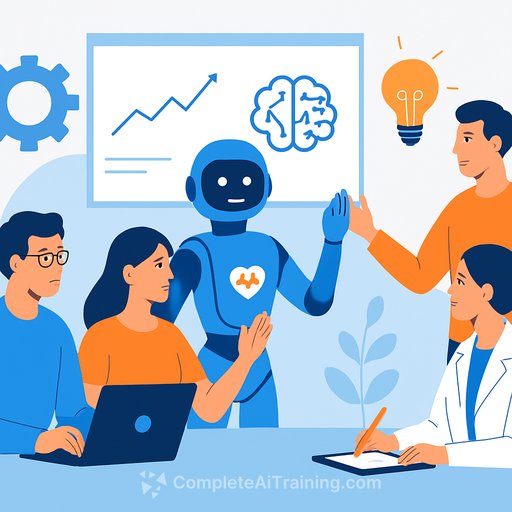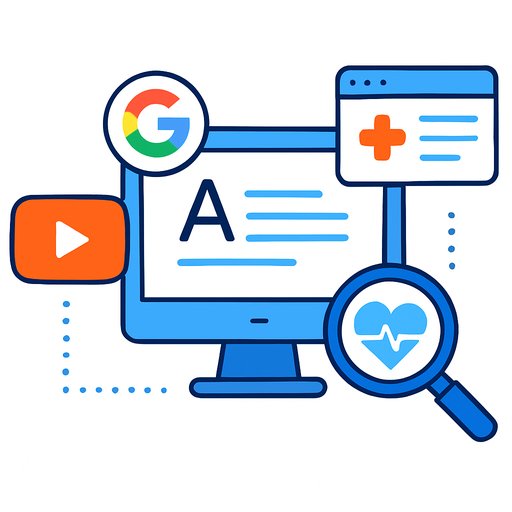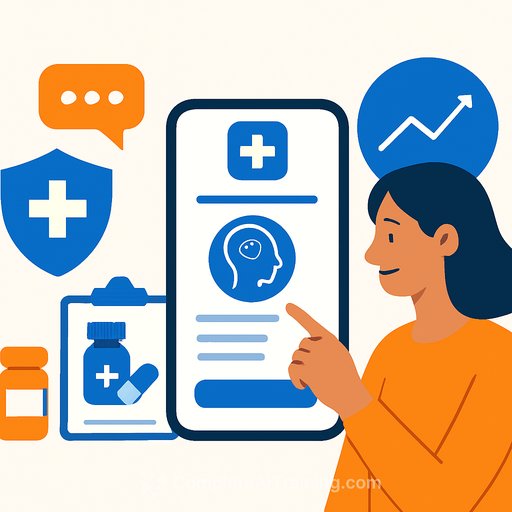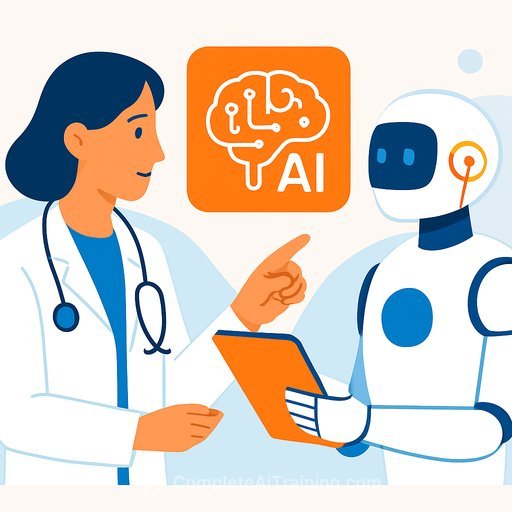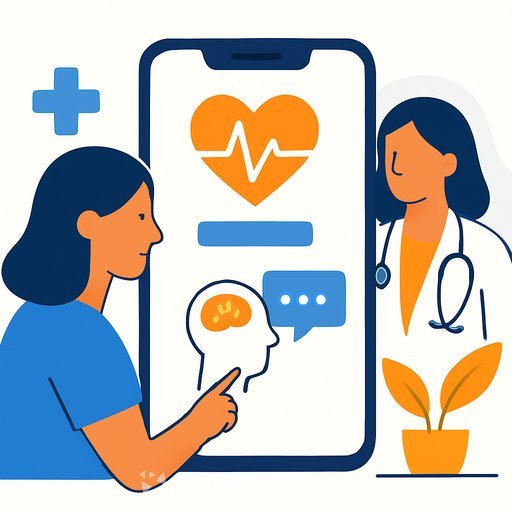Healthcare AI Hackathon 2025: Innovators collaborating for future Indonesian healthcare
Indonesia's Health Ministry (Kemenkes) has launched the Indonesia Healthcare AI Hackathon 2025 to apply AI where it matters most: point-of-care, diagnostics, and patient access. The goal is clear-accelerate smarter, more efficient, and inclusive services through practical AI solutions that support clinicians and health systems.
This first-time program brings together government and industry through strong cross-sector collaboration. PwC Indonesia is the exclusive knowledge partner, Amazon Web Services (AWS) is the exclusive technology partner, with support from East Ventures, BGI Genomics, and MGI.
"AI won't replace clinicians-it will strengthen them"
Deputy Health Minister Prof. Dante Saksono Harbuwono emphasized that AI should empower medical personnel, not replace them. He referenced a statement attributed to Bill Gates about AI replacing doctors within a decade, calling it controversial and missing the point. His message to healthcare workers: the value is in better, more reliable information and decision support-"the key is not replacement, but empowerment."
Why this matters for Indonesia
Healthcare pressures are mounting: an aging population, workforce shortages, rising costs, and ongoing disease threats. Indonesia continues to face a heavy burden-among the world's highest tuberculosis rates, stroke as a leading cause of death, and over 19 million people living with diabetes.
Traditional approaches struggle across more than 17,000 islands. Scalable AI solutions can help extend specialist capabilities, standardize decision support, and improve access-without asking already stretched teams to do more with less.
What Kemenkes is building right now
- Clinical trials of AI-powered chest X-rays for tuberculosis detection.
- AI-assisted brain CT interpretation for stroke detection.
- An AI chatbot for diabetes risk screening to widen early identification.
- AI-supported hospital call centers, cutting waiting times by up to 70% and raising patient satisfaction by 35%.
These initiatives target faster triage, earlier detection, and smoother patient flow-practical wins for clinical teams and patients.
Inside the Hackathon
The event brings doctors, AI engineers, academics, researchers, and industry together to work on five priority issues:
- Tuberculosis
- Stroke
- Stunting
- Diabetes
- Cardiovascular disease
Interest far exceeded expectations: 278 proposals arrived from 10 countries, far above the initial target of 40 teams. The top three teams will move into incubation with funding access, expert mentorship, and integration through Kemenkes's MoH Sandbox.
Collaboration over competition
Deputy Setiaji highlighted that this initiative is about sustained collaboration. Solutions must be clinically useful, socially relevant, and easy to access-so communities benefit, not just pilots or demos. Kemenkes aims to position Indonesia as a Southeast Asian hub for technology-led healthcare innovation and delivery.
What healthcare leaders and teams can do now
- Prioritize 1-2 use cases where AI can reduce delays or variability (e.g., TB screening, stroke triage).
- Prepare data pipelines: define data owners, consent flows, and audit trails. Set clear QA for model outputs.
- Plan clinical validation: compare AI results with gold standards, document thresholds, and escalation protocols.
- Set governance: bias checks, incident response, human-in-the-loop review, and clear accountability.
- Integrate into workflow: EHR/PACS integration, alert fatigue controls, simple UX for frontline staff.
- Communicate with patients: explain AI's role, privacy, and clinician oversight to build trust.
- Upskill your team: run short, role-based AI training for clinicians, nurses, and administrators. For structured options by job role, see AI courses by job.
Where to learn more
Explore Kemenkes programs and digital transformation updates at Kemenkes. For context on TB burden and targets, see the WHO Global Tuberculosis Programme.
The signal is clear: AI that augments clinicians, improves throughput, and widens access is moving from pilot to practice. The Hackathon is a catalyst-your teams' readiness will decide the impact on daily care.
Your membership also unlocks:

